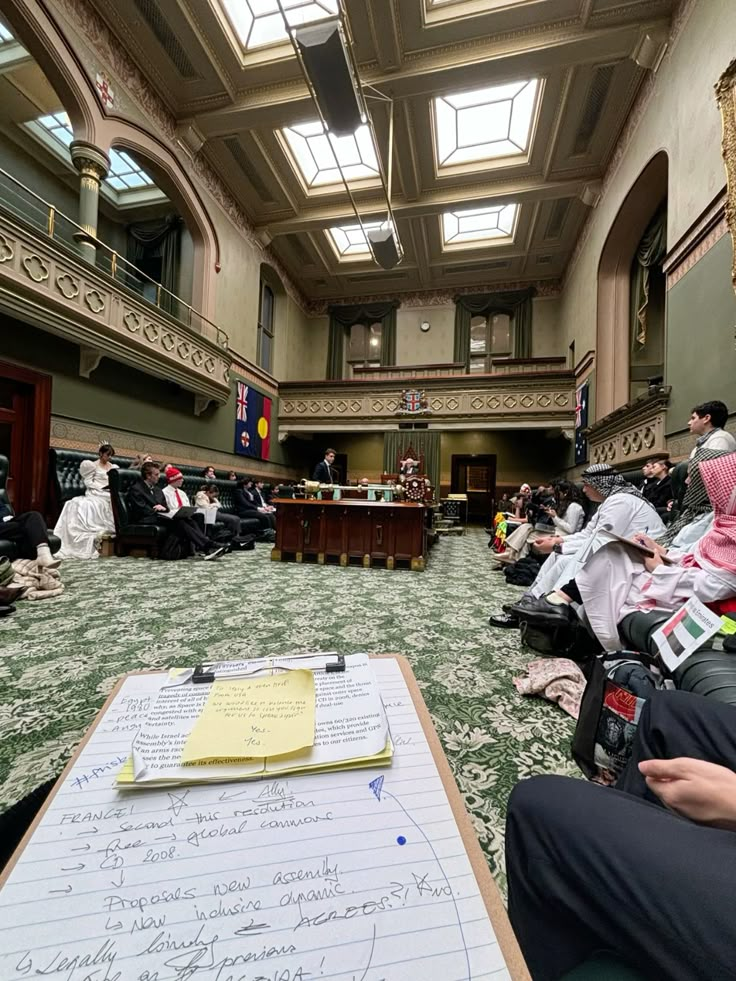Liberalism and Its Foundations: Insights from Readings from Liberal Writers

- Repoter 11
- 04 Nov, 2025
Liberalism has profoundly shaped the political and economic systems of the modern world. Readings from Liberal Writers offers a comprehensive exploration of the core principles that define classical liberal thought. By examining the works of influential figures such as John Locke, Montesquieu, Rousseau, Adam Smith, and John Stuart Mill, the anthology reveals the enduring values of liberty, democracy, individual rights, and free markets. One of the central themes in liberal thought is the primacy of individual liberty. John Locke’s writings emphasize that humans possess natural rights to life, liberty, and property, which governments must protect. Locke’s theory of the "social contract" underlines that political authority derives from the consent of the governed, making liberty the foundation of legitimate rule. Montesquieu’s theory of the separation of powers reinforces the liberal commitment to preventing tyranny. By distributing political power among different branches of government, liberty is safeguarded, and individual rights are maintained. Likewise, Jean-Jacques Rousseau’s concept of the "general will" highlights the importance of democratic participation as a means of achieving political legitimacy and protecting freedoms. Adam Smith’s economic theories advocate for the benefits of free markets. In The Wealth of Nations, he argues that individuals acting in their own self-interest inadvertently contribute to the general welfare through the "invisible hand" of the market. Smith’s ideas laid the groundwork for liberal economic policies centered around minimal government intervention, open competition, and private enterprise. Liberal thinkers also emphasize the need for justice and equality under the law. John Stuart Mill’s advocacy for personal freedom, freedom of speech, and gender equality demonstrates the liberal belief that a society must ensure fair opportunities for all individuals to pursue their own happiness. Readings from Liberal Writers illustrates that liberalism is not merely a political doctrine but a comprehensive philosophy advocating for the dignity and freedom of the individual. The principles of liberty, democratic governance, economic freedom, and equality remain as vital today as when they were first articulated. Understanding these foundational ideas enables a deeper appreciation of the liberal institutions that structure contemporary societies and the challenges they face in preserving these ideals.Introduction
The Concept of Liberty
Democracy and Representation
Economic Freedom and Free Markets
Justice and Equality
Conclusion
Leave a Reply
Your email address will not be published. Required fields are marked *




